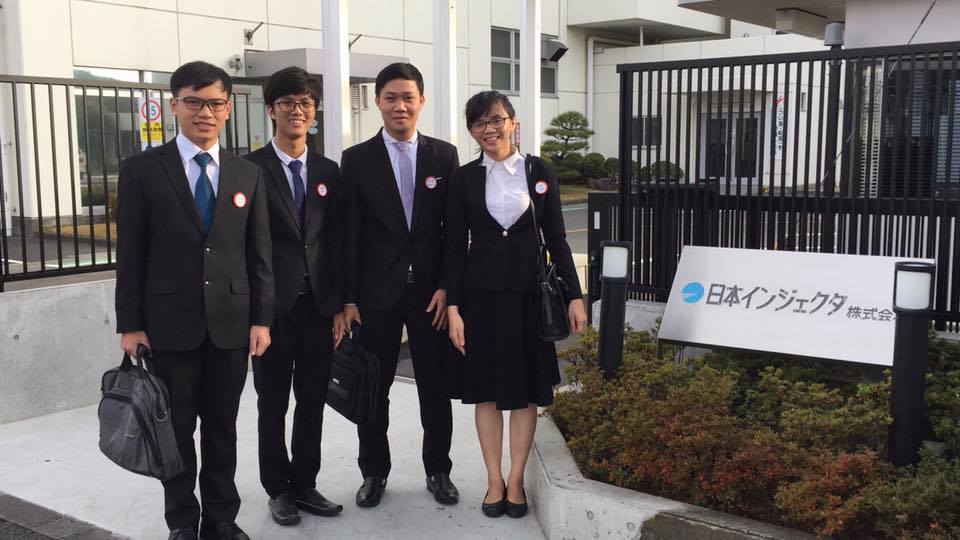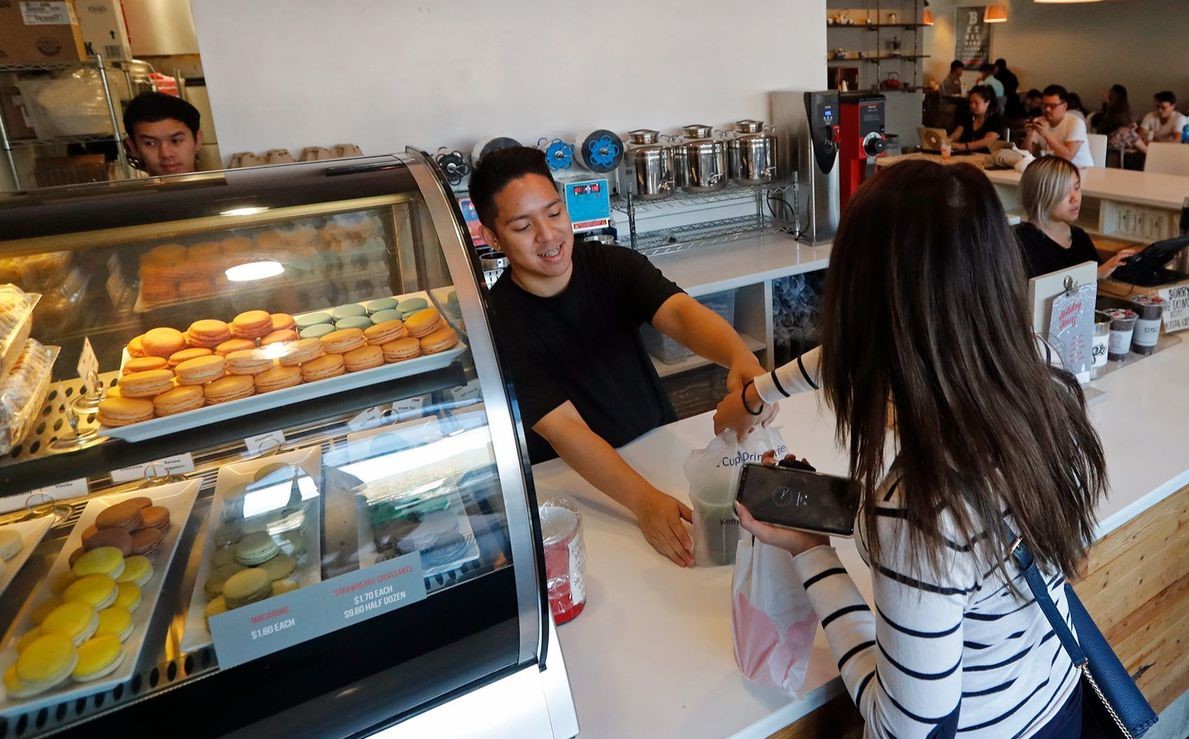TIPS FOR HAVING EFFECTIVE PART-TIME JOBS WHEN STUDYING ABROAD
Finding a part-time job is one of the hottest issues that many international students care about when they start studying abroad. But working to earn the cost of living and study well needs a lot of experience. Here are some of the students’ secret share in finding more effective jobs.
1. IDENTIFY THE PURPOSE
Mai Hanh, a former student at Victoria University – New Zealand, said that the first thing to determine is the purpose of the part-time job. Some of you go to work to earn money, but you also work mainly to practice English. Hanh’s experience is to create many relationships with people who can introduce and guarantee for her to work after graduated. The second important thing is preparing a resume, go to the places of the cafes, gather, where there is a staff wanted a record, and if you do, go ahead and apply for a response. Or specifically, if you are agile and confident, you don’t need to see the person in need, just say: “Hi, I’m looking for a job!”.
“However, it is difficult to apply for a part-time job. The first difficulty sounds a bit hard to accept but the truth is that your English must be very fluent. Many people will think ‘Oh! Studying abroad is certainly good at English! ‘ But the truth is not so, many students do not dare to apply for jobs because they are not confident in English. “The second difficulty is to arrange the time between studying and working. While working, I also have money, while working, I have a lot of money, so sometimes I am more passionate about studying, then I have to be good at the exam to ensure good study time, the third difficulty is health, eating erratically, learning to deal with depression. First of all, there is money to cover, can buy what you like, want to play here and there is more autonomous and we have a good environment to improve foreign languages, more friends, learn the indigenous culture.

Bach Khoa student at a Japanese company in VJEP program. Photo: OISP
Q.Trân International students in Australia said that when she first arrived in Australia, she had no experience, so they applied for jobs at Vietnamese places. These places all accept but the salary will be low. The Australian workplaces pay 18 AUD / hour, these places only pay about 15 AUD / hour. After a while, when she had experience and better English, Tran applied for jobs at Australian restaurants. At the bakery shop, Tran is paid up to 25 AUD / hour for the weekend. Work for foreign employers pay much better but requires very strict work. If we not done well, they will be laid off.
“The job experience in Australia is not too complicated. There is something to do without doing anything. Needing money is not much choice. Only when I’m stressed, look for other jobs. Just go to google or the software to introduce restaurants, go to the place to send the file. Having someone you know is easier because you will be instructed where you need people to get a job. Particularly Japan, a country famous for its high prices and living costs, apart from studying, it is also necessary to find a part-time job to pay for subsistence. When I first came to Japan, language and experience were the barriers for most international students to apply for a job. The jobs we often chose are serving restaurants, kitchens, working in workshops, making lunch boxes, factories … The alumni (Japanese called Senpai) also help a new friend (
2. AVOID TO DO “SNEAKING”
Each country has its own rules for the part-time job of international students. Many countries, managing international students working outside the school are still not too strict. However, in the US, doing “sneaking” is something that should be prohibited because there have many cases of heavy fines or deportation due to violations of this regulation.
Khanh Pham, an American student, said that the first year foreign students can apply to work at the school’s cafes, restaurants, libraries… The school will guide you to make a social security number. However, at school, you can only work up to 20 hours /week. After that, students can register at the international student office to ask Curricular Practical Training (CPT) – a program to help students work legally. With CPT, international students can work outside the school for up to 20 hours/week (while studying). Thus, it is possible to do more work in school while working outside.

Inexperienced International students often choose to serve at Vietnamese restaurants) Photo:
Ngoc Hiep also noted that it is important to comply with Japanese law in working time for international students. Japanese law requires that international students only work 28 hours per week to ensure the best learning time. “In my opinion, part-time jobs are not too hard because it depends on how hard you try by yourself.” Ngoc Hiep said.

International students in Japan can go to the university employment support center to get legal employment support. Photo:
N. Quynh, an American student, also said that if he wants to survive, he must respect the rules. In the United States, no extra work is prohibited as long as it is formal. “Sneaking” job giving low salary and tiredness. If you want to settle down, even if you get married, your future is only manual labor, the older you are, the more you know you have lost your youth.
HOW CAN YOU STAY AFTER GRADUATED?
According to Tran Thang, chairman of the Vietnam Institute of Culture and Education in the US. Each year, about 2,000 – 2,500 Vietnamese students graduate from American universities but only about 100 of these students have jobs. In America, the main reason is no work experience. Many students score high or graduate from the top 25 universities but they still must return home.
There are some best ways it is they should find a job at the school, whatever how much the salary, the purpose is to have Social Security number (Social Security), which helps students change jobs school or do outside legally. Students can stay in the US to work in the summer. If possible, apply for a 7-month internship because 75% of interns at the company have jobs after graduating from university.
After graduating from university, it is recommended to work under the OTP (Optional Practical Training) program from 12-24 months depending on the industry and qualifications. If working well during OTP, the company will guarantee H-1B visas for students (a work permit in the United States for professional working professionals). The holder of this visa can work for 3 years, they can renew and after 6 years are allowed to apply for a green card.



